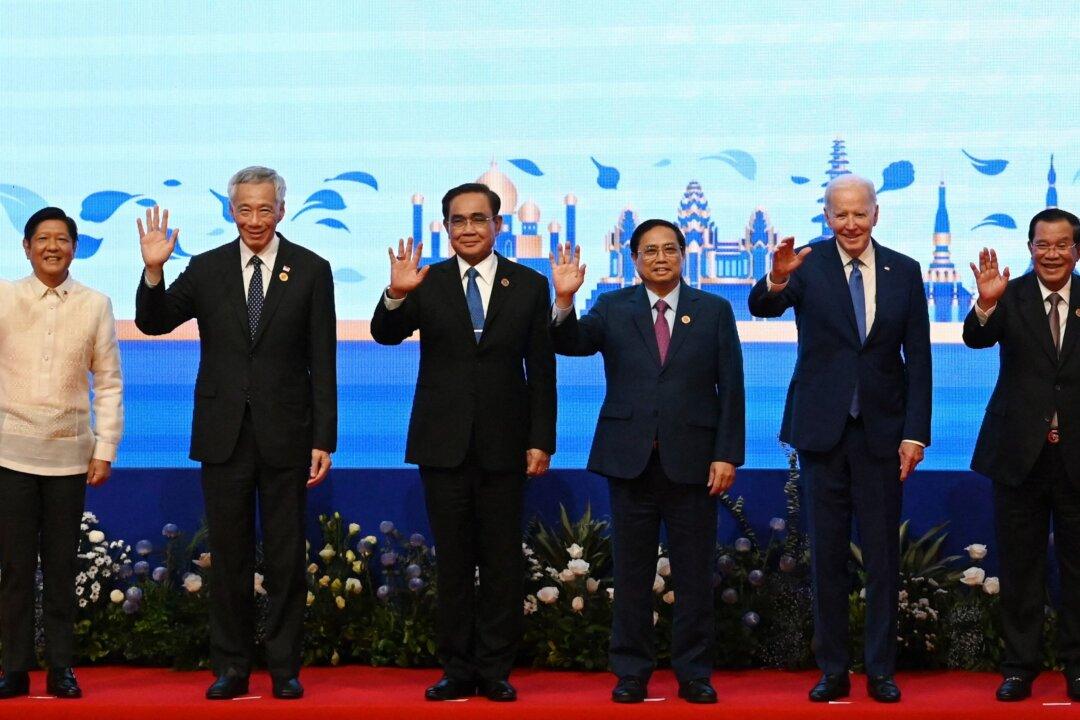You may have seen the recent ten-page internet.org whitepaper, bearing the imprimatur of Facebook founder Mark Zuckerberg. It heralds an initiative for the greater good that may very well change the world as we know it.
The proposal – “Is connectivity a human right?” – outlines the plans of a commercial consortium, including tech companies such as Samsung, Nokia, Qualcomm and Ericsson, to provide low-cost internet access to the planet’s poorest nations.
The project’s website states:
“Internet.org is a global partnership between technology leaders, nonprofits, local communities and experts who are working together to bring the internet to the two thirds of the world’s population that don’t have it.”
(The fact that much of this proportion of non-users may also not have access to the basic necessities, such as clean running water, is not lost – but that’s for a completely different article.)
So, will this really be free access to the internet?
Not necessarily so, and probably not. Infrastructures that permit the exchange of free information still cost money.
Public libraries may be free to readers but their operation is usually paid for through council rates, city taxes or other miscellaneous revenue streams. (Incidentally, freely-accessible public toilets are a pro bono technology that are conspicuous by their absence in many large American cities.)
Let’s look at how other schemes with similar sentiments have had varying degrees of success.
Low Cost, Low Data, High Innovation
The three chief platforms of internet.org are affordability, efficiency and the development of innovative business models at an indigenous level to help sustain the low costs of operation.
Given that principle project partners include tech giants in the mobile phone arena, this would suggest advances in these technologies could be deployed to spread the reach of low-cost, low-data intensive internet access in developing nations with less than user-friendly geographic conditions.
Spoken Web is one innovative technology designed to enable illiterate and underprivileged users to experience internet connectivity via mobile phones.
Developed by IBM Research in India in 2010, this system facilitated the creation of linked “VoiceSites”, using even modest phone apparatuses that had the potential to weave “spoken” information networks.
It may not have been high-speed broadband but Spoken Web networks dealt with local constraints to mirror something close to accepted internet functionality to those who would have had none.
The internet.org initiative is also aware of such bandwidth limitations and is prepared to invest in research and development to improve the efficiency of data compression and network capabilities for environmental extremes in remote and chaotic locales.
No doubt this would be a win-win proposition as the discovery of efficiency gains for outlier regions could also be migrated for optimal use in tech deployment within a conventional urban milieu.
Another consortium for web improvement is the not-for-profit Internet2. Founded in 1996, it is primarily a coalition of university researchers with the goal developing new protocols facilitating applications that require very high bandwidth as well as very low while taking into consideration controlled delays emergent in signal processing along the way.
The new internet.org proposal would appear to be riding on this long wave of innovation but also seeking out low-cost options for web usability that are elegant in their simplicity while still having enough grunt for basic access needs.
Big Ideas
Most likely the plan of Zuckerberg and company is for cheap accessibility to information for the masses, and not creating an easy portal for downloading huge amounts of audio-visual data.
In a sense, it is a scheme to give the world a global library that all can share.
In recent times, strategies for low-cost provision of internet access have been touted by other leading tech luminaries, such as Skype co-founder Niklas Zennström and Kim Dotcom of Megaupload fame, in addition to Google’s Project Loon, launched in June this year, which aims to dole out broadband for all via floating servers in the sub-stratosphere.
Kim Dotcom’s eccentric scheme of free, low-data internet access for domestic residences in New Zealand was to be subsidised with funds won from lawsuits against Hollywood and the US government that the disgruntled ex-Megaupload chief was intending to mount.
The Zennstrom-backed FreedomPop, founded in 2011, claims to be the first US wireless internet service provider to have pledged the delivery of “100% free” fourth-generation (4G) mobile broadband internet access to its subscribers.
But it would appear to be more of a freemium model with users being given 500MB of data gratis – anything above is presumably subject to a fee. But this would probably be sufficient for basic information access and the FreedomPop liberation mantra is similar to the new internet.org ethos, namely that “the internet is a right, not a privilege”.
A Retrospective Look
When television was first invented, it too was seen as a potential force for the greater good through public education and the freemium model also arose in its use, primarily for entertainment in the long run.
In retrospect, though, could one also have said that television is a right?
Critics of internet.org claim that the “greater good” pitch is one that would ultimately add more to Facebook’s coffers.
If it does improve democratic access will it be to a “walled garden” on the internet governed by Facebook? This is the same, for example, as a radio station giving away receivers that are tuned only to their particular frequency. That would be restricting competition.
Facebook is still a generic conduit to information. From an ethical vantage, cynicism regarding internet.org could perhaps be subdued if happiness increases for those denied entry to any kind of digital domain.
As the old saying goes, any journey must begin with a single step, however humble that may be.
John Lenarcic is a lecturer in Business IT & Logistics at RMIT University. This article was originally published at The Conversation. Read the original article.





